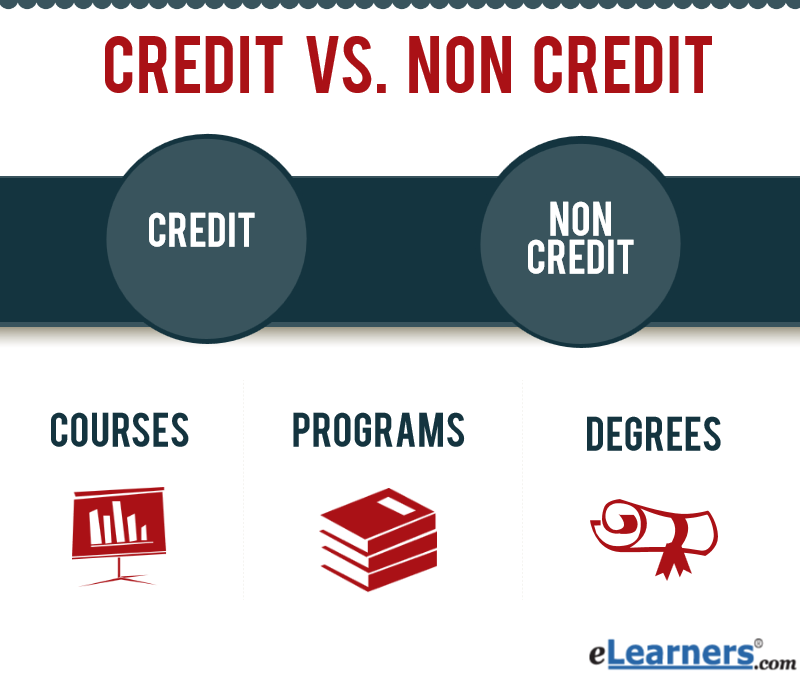
Credit vs. NonCredit - Short modules for the basics. You might take a noncredit course, sometimes called continuing education, to gain job skills or just for fun. A noncredit course is one that is approved by the college and district as meeting the needs of enrolled students but that does not award college credit and does not go on a transcript. In general, credit. You should also read this: Top 10 Golf Courses In Ireland
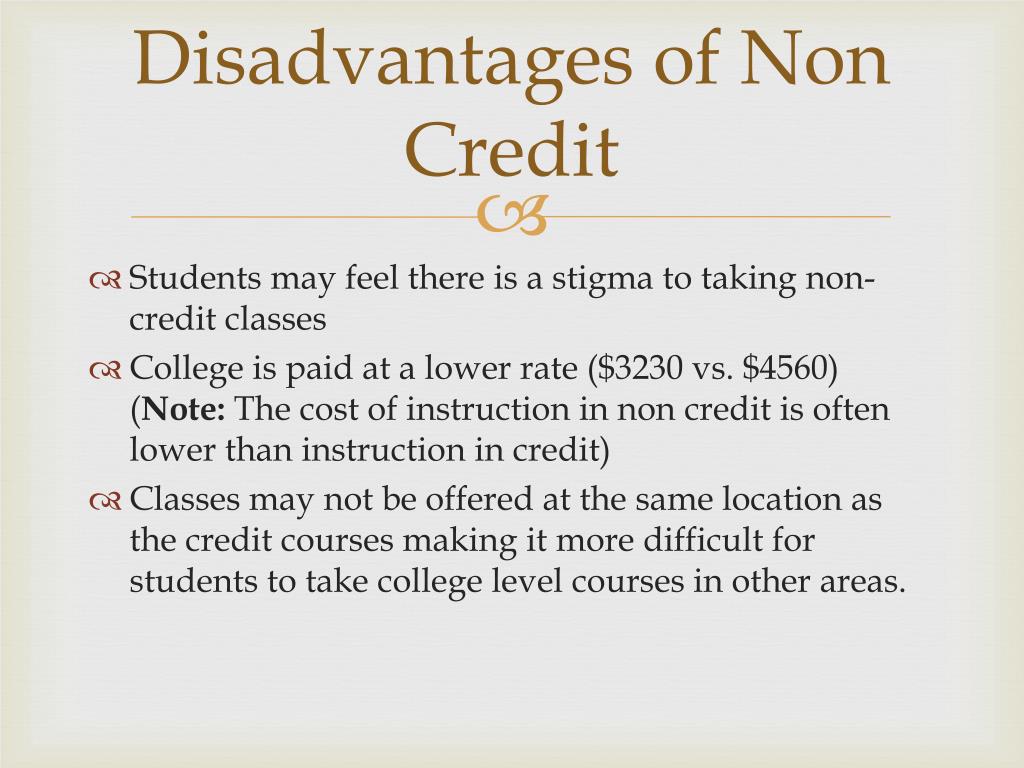
PPT Where Do The Pieces Fit? PowerPoint Presentation, free download - Credit courses are usually taken to work towards a degree program. Credit courses provide college units for students working towards a credit credential. These courses can be an excellent way to build professional skills, prepare you for the workforce or increase your value to employers. In general, credit courses are designed for students who are interested in earning college units. You should also read this: Best Public Golf Courses In Buffalo Ny

The Truth About NonCredit Courses Myths Debunked and Why They Matter - Noncredit courses are offered through continuing education. You might take a noncredit course, sometimes called continuing education, to gain job skills or just for fun. Instead, they focus on providing knowledge, practical skills, and personal enrichment. Every course is designed to teach you what you need to know in today’s job market. Ceus are nationally recognized credentials, regulated by the. You should also read this: Course Catalog Colgate

Development of New CTE Programs ppt download - Credit courses provide college units for students working towards a credit credential. Credit classes are best for students pursuing a degree, transfer, or career certification. You might take a noncredit course, sometimes called continuing education, to gain job skills or just for fun. Noncredit courses cannot be used toward a credit degree, but (and here is where it seems muddy). You should also read this: Military Training Course For Civilians
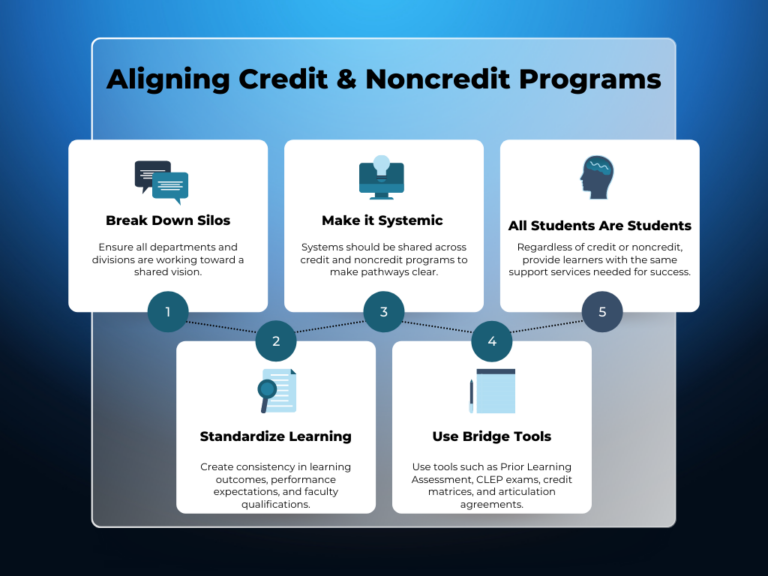
Aligning Credit and Noncredit Programs Learn Effective Strategies - In general, credit courses are designed for students who are interested in earning college units towards a degree or certificate. Credit courses are usually taken to work towards a degree program. They are intended for students who want to gain general knowledge, learn a new skill, upgrade existing skills or develop personal interests. Noncredit courses are offered through continuing education.. You should also read this: Angel Hills Golf Course

Credit vs. Noncredit Anne Arundel Community College - These courses can be an excellent way to build professional skills, prepare you for the workforce or increase your value to employers. You might take a noncredit course, sometimes called continuing education, to gain job skills or just for fun. Non credit courses commonly credit students with ceus, or continuing education units. Credit courses provide college units for students working. You should also read this: Paramedic Courses In Texas

Understanding Credit and Noncredit TCTC - By definition, credit programs allow students to earn college credit toward obtaining a degree. Every course is designed to teach you what you need to know in today’s job market. These courses can be an excellent way to build professional skills, prepare you for the workforce or increase your value to employers. Students who take credit courses receive a letter. You should also read this: Sound Design For Film Course
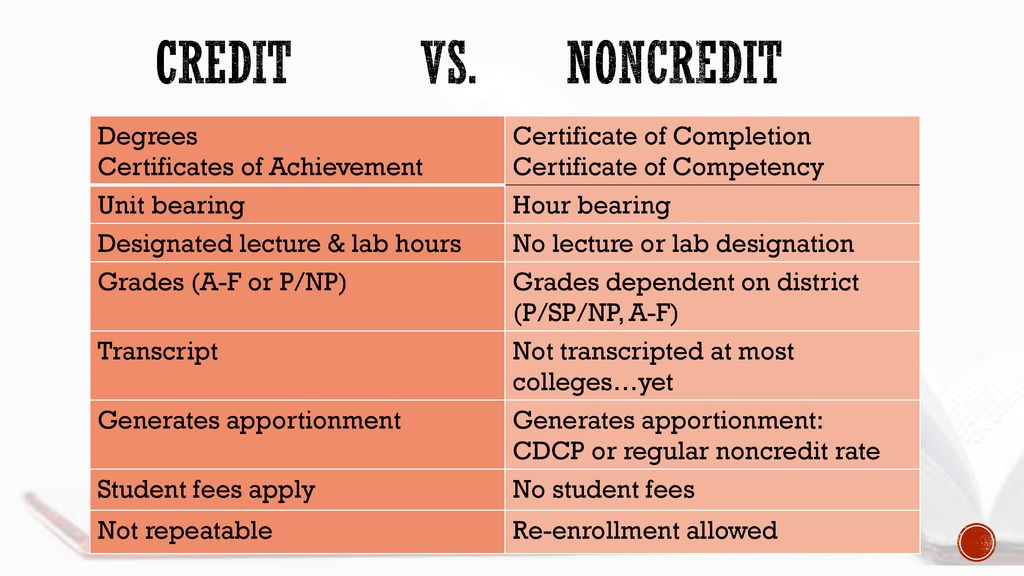
Placing courses into areas of noncredit ppt download - You might not be familiar with the difference between the two, but they each play a key role in higher education and provide valuable career training, and one might be a better fit for you. Instead, they focus on providing knowledge, practical skills, and personal enrichment. Earn college credits that may be applicable to certificates or degrees. Students who take. You should also read this: Highlands Golf Course Lake Geneva
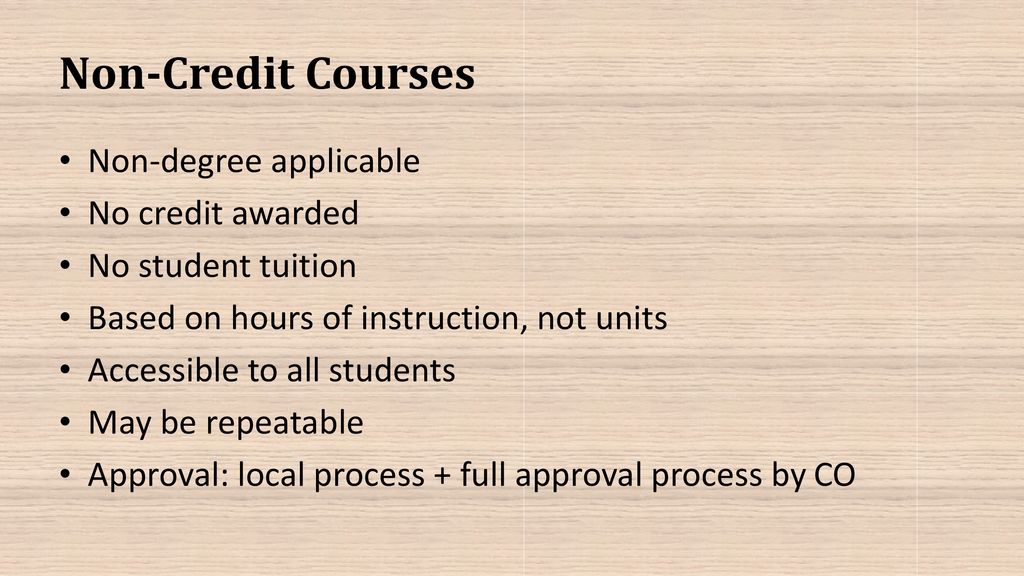
Development of New CTE Programs ppt download - Noncredit courses cannot be used toward a credit degree, but (and here is where it seems muddy) many noncredit job training and skill building courses award continuing education units, industry certifications or continuing education certificates. Credit classes are best for students pursuing a degree, transfer, or career certification. By definition, credit programs allow students to earn college credit toward obtaining. You should also read this: Accredited Online Cosmetology Courses
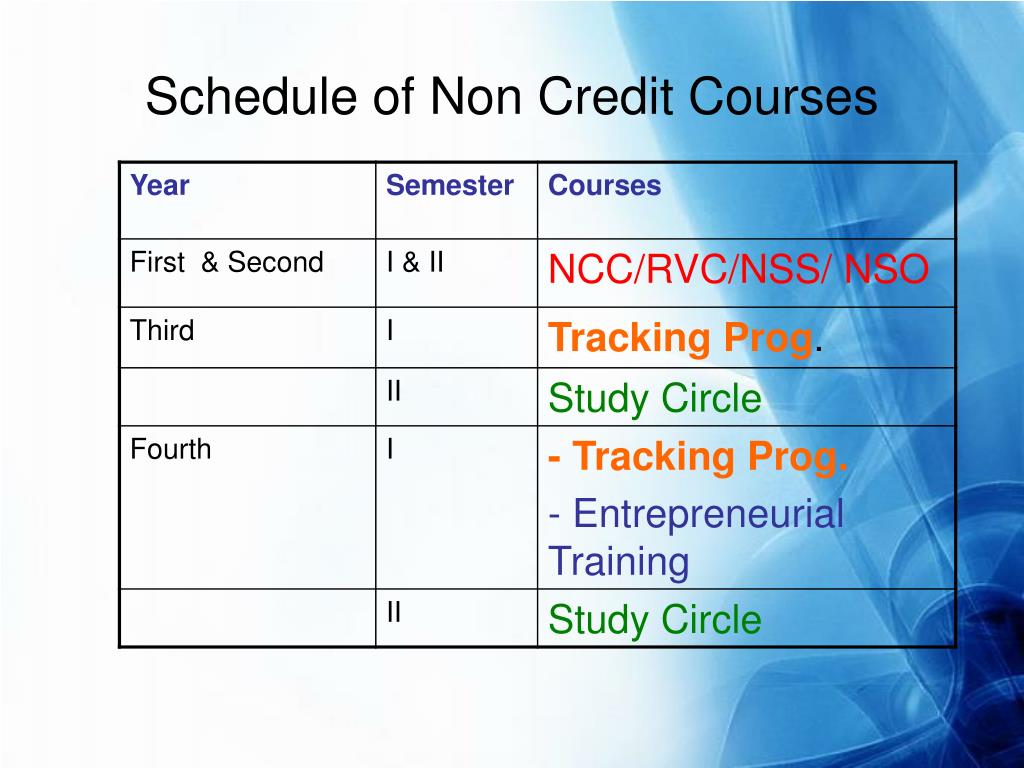
PPT Veterinary Education Regulations PowerPoint Presentation, free - By definition, credit programs allow students to earn college credit toward obtaining a degree. Students who take credit courses receive a letter grade (a,. Credit courses are usually taken to work towards a degree program. Ceus help to create an academic record for students who are taking classes, but are not pursuing degrees. Noncredit courses are offered through continuing education. You should also read this: Una Courses